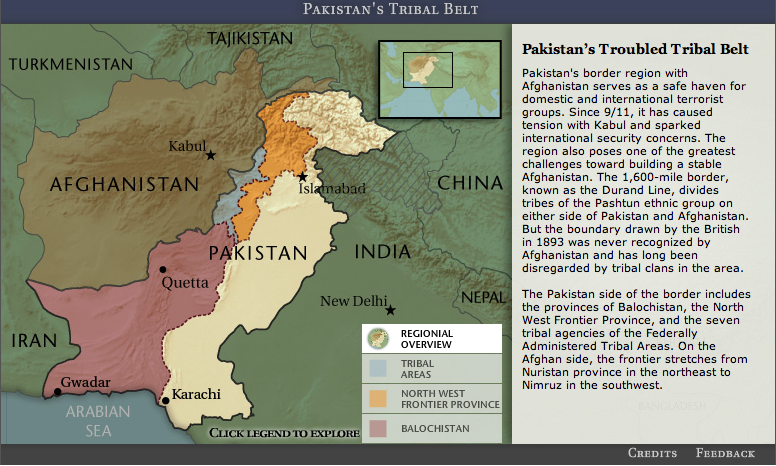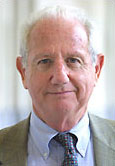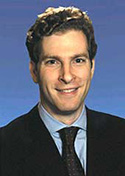CFR.org | Backgrounder: Terror Groups in India
/India has long suffered violence from extremist attacks based on separatist and secessionist movements, as well as ideological disagreements. In particular, the territorial dispute over India-controlled Kashmir is believed to have fueled large-scale terrorist attacks, such as the bombings of a Mumbai commuter railway in July 2006 as well as a deadly explosion on an India-Pakistan train line in February 2007. Kashmir-related terrorist violence draws international concerns about its possible link in a chain of transnational Islamist militarism. The terrorist assault on Mumbai's hotel district on November 26, claimed by a previously unknown group calling itself the Deccan Mujahadeen, appears to confirm a disturbing new turn of events domestically. Recently, a group calling itself the Indian mujahadeen joined the roster of terror forces, claiming responsibility for a series of blasts in November 2007 in the state of Uttar Pradesh and 2008 attacks in the Indian cities of New Delhi, Jaipur and Ahmedabad. Their relationship with the new Deccan Mujahadeen group remains unclear. India also faces another extremist threat: A Maoist insurgency by violent revolutionaries called "Naxalites" has emerged across a broad swathe of central India - nicknamed the "red corridor" - to claim a growing number of lives.



